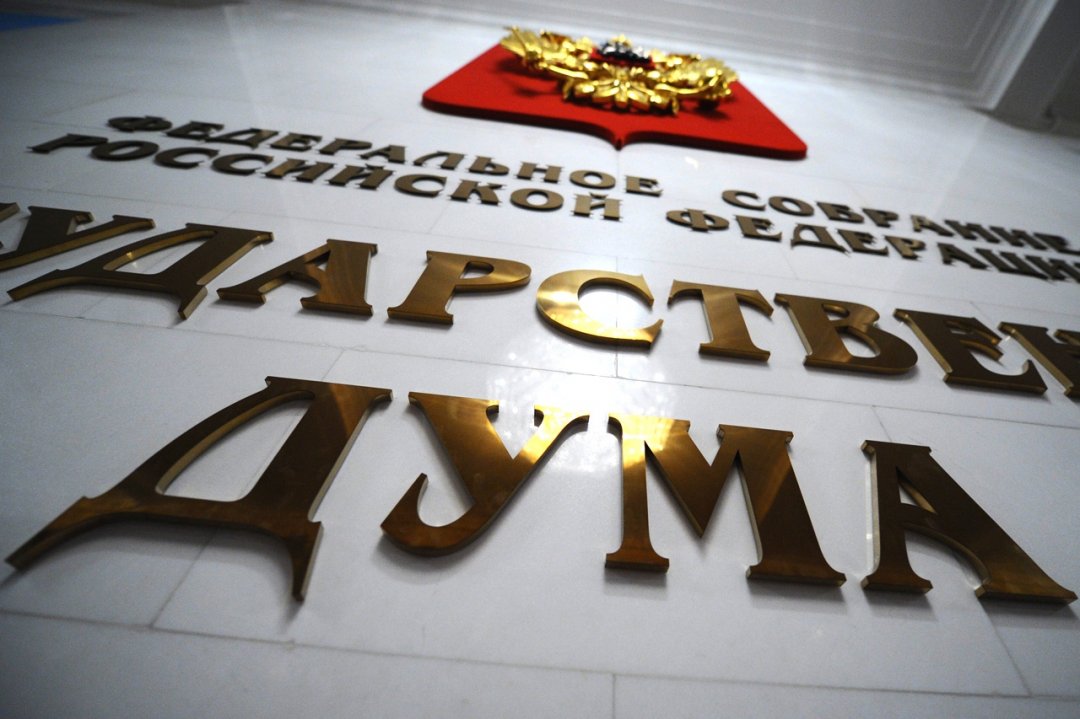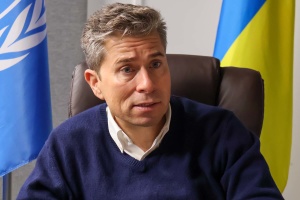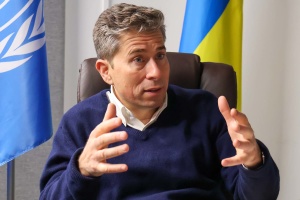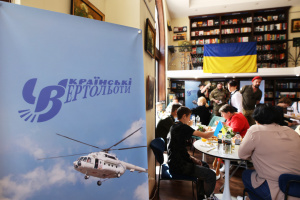
How the Kremlin wants to control people’s minds
Election fraud, pressure on the media, and persecution of activists are fairly common aspects of any autocracy. Russia has already passed this level. It is now on the next one. It is rapidly becoming a real totalitarian state. Now, they are working on control over people’s minds.
Free internet is worse than war
In February, Putin accused Internet platforms of allegedly controlling users' minds. This statement was made shortly after the so-called "school uprising” that took place in Russia — mass protests with significant participation of school-age boys and girls. The young generation of Russians has become more politicized after the publication of Navalny’s popular investigations, then his poisoning and arrest. One striking example is the video of a student on TikTok with 3.7 million views, in which she removes Putin’s portrait from the wall.
“You cannot push forward young people. That’s what terrorists do,” commented Putin. We will remind you that, on the eve of occupation of the Crimea, he said that "women and children will go forward, and we will go behind them, and let [Ukrainians] try to shoot.”
“They will lose everything. Millions will be paid for school students’ uprising,” raged propaganda.
This traumatic experience is still a sore spot for the Russian authorities. On October 7, head of the Roscosmos State Corporation Dmitri Rogozin claimed that Elon Musk came up with Starlink to send “anti-Russian content” directly to Russians’ phones.
"This is a huge threat, worse than war! Because it is impossible to attack us, to defeat us in a military way... They are capable, however, of undermining us from within, just like they did with the Soviet Union,” threatens Rogozin.
Of course, Internet platforms were pressured and forced into self-censorship through outright blackmail. But this was not the only thing that the Kremlin did. It wanted to control Russians’ minds on its own. Starting from school.
A clear step into the past: school political instructors

Andrey Ilnitsky, Shoigu’s adviser, published a policy paper, in which he claimed that Russia needed to transition to autocracy, planned economy, partial isolation from the world and state control over all sectors of life. Which is basically Soviet-style totalitarianism.
“The West, backed by the fifth column, is waging a mental war against Russia, whose aim is to ‘reboot’ Russians’ world-view and replace their goals, especially those of young people, depriving us of a sovereign future,” Ilnitsky laments.
This means that Russian youth primarily needs to be taught the “single correct” worldview, followed by bringing back the state ideology. Despite the fact that the Constitution of the Russian Federation verbally declares ideological diversity and prohibits the establishment of a single ideology as national or mandatory.
In early October, Putin approved the idea of introducing an additional paid position, an adviser to the school headmaster on educational work. The job description would entail control of schoolchildren’s extracurricular activities, namely, where, how and with whom they spend their time.
It is notable, writes Mel, that the project is being launched rapidly during the discussions about young people’s opposition attitudes and moral panic around school students’ participation in mass protests in January–February 2021.
“These advisers are some kind of counsellors or commissioners,” writes Novaya Gazeta in one material. In another material, they are called “school political instructors.”
“This is indeed a clear step into the past. However, communist education included many components ... In the current Russian ideology (and, consequently, in the current educational policy, which is introduced in schools), only patriotism remains, though to an extent previously unimaginable. The widespread introduction of new political instructors should ensure a nationwide understanding of our special spirituality. Reading methodical materials on the topic shows that this special spirituality means that we have an ancestral heritage and a rich tradition, which is why Russia has many enemies, but we have always won all and will win time and time again, and this cannot be questioned, or else,” writes the Russian publication.
Unauthorized education
According to Kommersant, the Kremlin's domestic political bloc is changing the system of working with young people: now, youth policy is perceived by the Russian authorities only as part of a more global task — education. According to the newspaper's interviewees, education should start at school and not be limited to the age limit set for the definition of young people in Russia (35 years old).
For the purpose of such education, and to protect the constitutional order of the Russian Federation from the encroachment of any "anti-Russian forces,” “educational activity” has been restricted in Russia. Under the law signed by Putin in April, public agencies, local self-government, and their authorized organizations are authorized to conduct such activities. The document gives the government the power to determine the “procedure, terms and forms" of education and control over it. The Ministry of Science and Education is empowered to coordinate international educational cooperation "in order to prevent negative foreign interference in the educational process."

According to Russian lawmakers, the lack of legal regulation in the field of education created “risks of uncontrolled implementation of a wide range of propaganda activities by anti-Russian forces in schools and among students under the guise of education, including measures supported from abroad and aimed at discrediting state policy in Russia, revision of history, and undermining the constitutional order.”
The law interprets "educational activities" as broadly as possible and includes the organization of online discussions and the dissemination of any materials, including online.
“It’s fascism, baby... The law on educational activities is a law on total political and ideological censorship... A mandatory feature of fascism is the prohibition to express dissenting views publicly. First, they prohibited expressing any views in the street unless it was ‘preapproved,’ and the approval was made completely dependent on leadership. But this ban would inevitably begin to spread from streets and squares to other areas — into houses and, eventually, into the information space," writes Russian historian Alexander Skobov
Center for Strategic Communication and Information Security




